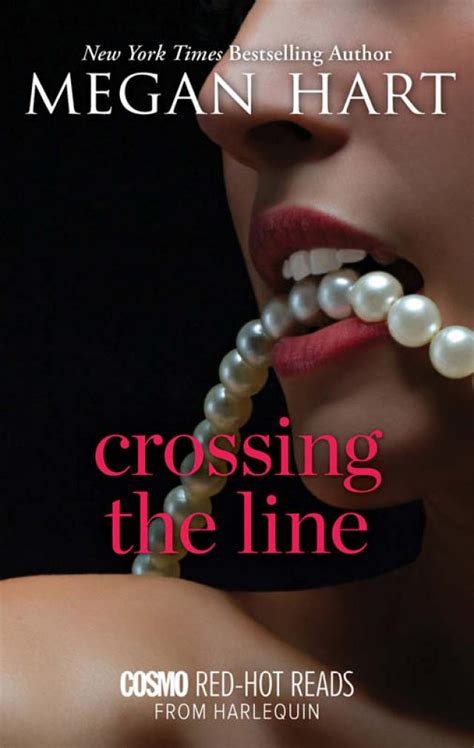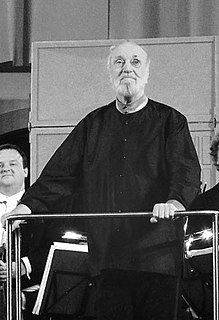A Quote by Elizabeth Gaskell
Margaret liked this smile; it was the first thing she had admired in this new friend of her father's; and the opposition of character, shown in all these details of appearance she had just been noticing, seemed to explain the attraction they evidently felt towards each other.
Related Quotes
At that moment a very good thing was happening to her. Four good things had happened to her, in fact, since she came to Misselthwaite Manor. She had felt as if she had understood a robin and that he had understood her; she had run in the wind until her blood had grown warm; she had been healthily hungry for the first time in her life; and she had found out what it was to be sorry for someone.
How sadly things had changed since she had sat there the night after coming home! Then she had been full of hope and joy and the future had looked rosy with promise. Anne felt as if she had lived years since then, but before she went to bed there was a smile on her lips and peace in her heart. She had looked her duty courageously in the face and found it a friend--as duty ever is when we meet it frankly.
I have a friend, a pastor, who applied with me and 419 other people for 25 seats on a special advisory board. Though I believed she was infinitely more qualified than me, she wasn't selected and I was. When I saw her at her church weeks later, I asked her how she felt about the decision. While disappointment, self-doubt and defeat would have been normal reactions to the Board's decision, my friend said she felt great. 'How come?' I asked. She said with a smile, 'I just figured God had something better in store for me.'
As she had been walking from the ward to that room, she had felt such pure hatred that now she had no more rancor left in her heart. She had finally allowed her negative feelings to surface, feelings that had been repressed for years in her soul. She had actually FELT them, and they were no longer necessary, they could leave.
That initial anger she had felt turned to sadness, and now it had become something else, almost a dullness of sorts. Even though she was constantly in motion, it seemed as if nothing special ever happened to her anymore. Each day seemed exactly like the last, and she had trouble differentiating among them.
Before her marriage she had thought that she had love within her grasp; but since the happiness which she had expected this love to bring her hadn’t come, she supposed she must have been mistaken. And Emma tried to imagine just what was meant, in life, by the words “bliss,” “passion,” and “rapture” - words that had seemed so beautiful to her in books.
She smiled. She knew she was dying. But it did not matter any longer. She had known something which no human words could ever tell and she knew it now. She had been awaiting it and she felt it, as if it had been, as if she had lived it. Life had been, if only because she had known it could be, and she felt it now as a hymn without sound, deep under the little whole that dripped red drops into the snow, deeper than that from which the red drops came. A moment or an eternity- did it matter? Life, undefeated, existed and could exist. She smiled, her last smile, to so much that had been possible.
The idea of the book ["The Japanese Lover"] came in a conversation that I had with a friend walking in the streets of New York. We were talking about our mothers, and I was telling her how old my mother was, and she was telling me about her mother. Her mother was Jewish, and she said that she was in a retirement home and that she had had a friend for 40 years that was a Japanese gardener. This person had been very important in my friend's upbringing.
I liked it. I liked her. And every time I saw her, she seemed more beautiful. She just seemed to glow. I'm not talking like a hundred-watt bulb; she just had this warmth to her. Maybe it came from climbing that tree. Maybe it came from singing to chickens. Maybe it came from whacking at two-by-fours and dreaming about perpetual motion. I don't know. All I know is that compared to her, Shelly and Miranda seemed so...ordinary.
She had been ready to love this man from the moment she first saw him. In all these years, that had never changed. They'd hurt each other, let each other down, and yet, here they were after everything, together. She needed him now, needed him to remind her that she was live, that she wasn't alone, that she hadn't lost everything.
In this moment she felt that she had been robbed of an enormous number of valuable things, whether material or intangible: things lost or broken by her own fault, things she had forgotten and left in houses when she moved: books borrowed from her and not returned, journeys she had planned and had not made, words she had waited to hear spoken to her and had not heard, and the words she meant to answer with. . . .
He hadn’t been her first lover or the first boy to give her an orgasm. He hadn’t even been the first she’d loved. He’d been the first to turn her inside out with something as simple as a smile. The first to make her doubt herself. He’d taken her deeper than anyone ever had, and yet she hadn’t drowned.
Dena had always been a loner. She did not feel connected to anything. Or anybody. She felt as if everybody else had come into the world with a set of instructions about how to live and someone had forgotten to give them to her. She had no clue what she was supposed to feel, so she had spent her life faking at being a human being, with no idea how other people felt. What was it like to really love someone? To really fit in or belong somewhere? She was quick, and a good mimic, so she learned at an early age to give the impression of a normal, happy girl, but inside she had always been lonely.




































